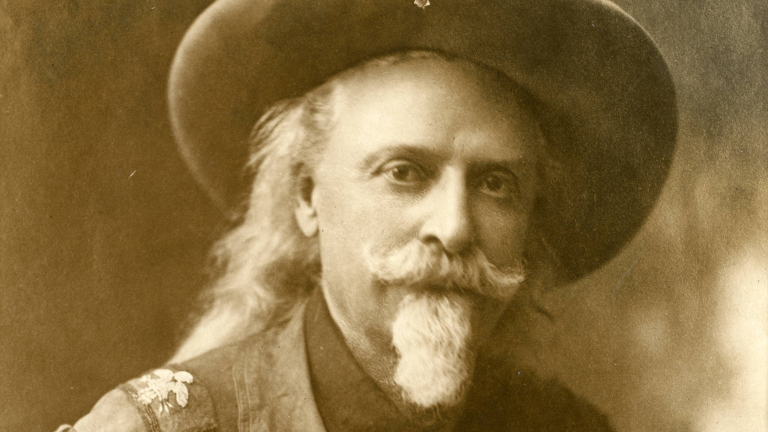Sometimes, we meet remarkably intelligent people who sincerely want to do good, do good works, and do not believe. They are aware of evil, and have a hard time believing in a God Who would allow it to exist. They may feel that:
1. Evil is stronger than good, and are fearful of offending it.
2. They have so thoroughly embraced the various God-denying and God-minimizing theories abounding in Conventional Reality that they ignore their own soul’s innate affinity for He Who made it.
3. If God created the universe to provide us with free will, it causes such suffering that it is not worth having. “I have a hard time believing in Him because of the pain and suffering that some of us free-will programs do to the helpless, innocent, and unsuspecting.” The personification of evil is thereby encouraged to do even more evil because doing so keeps such sensitive souls from salvation.
After meeting with a semi-non-believer who did good works, was aware of the effects of evil, and had, thereby, separated himself from God, I puzzled about it. Later that day, I ran across something from Aquinas, who, on a somewhat related point, had quoted its most likely author, St. Paul, in the Letter to the Hebrews, 11;6: “Now, it is impossible to please God without faith, since anyone who comes to Him must believe that He exists and rewards those who try to find Him.” That’s a very strong message from a man close to God, with universal words like “impossible” and “anyone” within it.
If Aquinas, one of the smartest men who ever lived, uses the Letter to the Hebrews as an authority, and that authority was also accepted by the Church Fathers, we can certainly consider how difficult it is to deny the validity of the statement, and accept as a fact, or, at least, an operating principle, that without faith, there is absolutely no possibility of getting to Heaven.
A supporting temporal truth is similar: “Just as you can’t practice law without passing the Bar Exam, you can’t get to Heaven without believing.”
It would appear that James’s “faith without works is dead” is the flip side of “without faith, it is impossible to get into Heaven.” So, we may conclude that “faith without works” is as useless as “works without faith” when it comes to passing our final exam.








